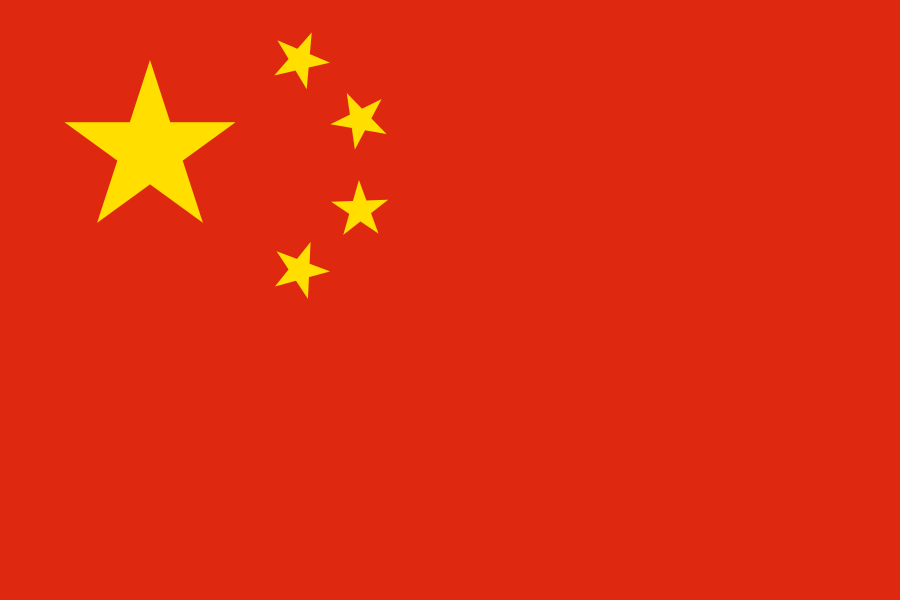
The Associated Press has tracked apparel shipments from Chinese internment camps to North Carolina wholesale apparel supplier Badger Sportswear. The camps, located in the Xinjiang region of China, are populated by an estimated 1 million detainees, mostly Muslims of Uighur and Kazakh ethnicity, held for what the Chinese government calls “vocational training.”
The AP wrote:
This is one of a growing number of internment camps in the Xinjiang region, where by some estimates 1 million Muslims are detained, forced to give up their language and their religion and subject to political indoctrination. Now, the Chinese government is also forcing some detainees to work in manufacturing and food industries. Some of them are within the internment camps; others are privately owned, state-subsidized factories where detainees are sent once they are released.
The report also clarified that, while it is illegal in the U.S. to source goods from forced labor, these items sometimes fall through the cracks due to the difficulty of identifying them.The Chinese government denied the allegations that the “training centers” are forced labor camps, and asserted that the people in the centers signed agreements to be there and receive vocational training.
“Those reports are completely based on hearsay evidence or made out of thin air,” Hua Chunying, a spokeswoman for the Chinese Foreign Ministry, told the AP.
Relatives and friends of the workers, however, say differently. Via the AP:
However, a dozen people who either had been in a camp or had friends or family in one told the AP that detainees they knew were given no choice but to work at the factories. Most of the Uighurs and Kazakhs, who were interviewed in exile, also said that even people with professional jobs were retrained to do menial work.
Payment varied according to the factory. Some got paid nothing, while others earned up to several hundred dollars a month, they said—barely above minimum wage for the poorer parts of Xinjiang. A person with firsthand knowledge of the situation in one county estimated that more than 10,000 detainees—or 10 to 20 percent of the internment population there—are working in factories, with some earning just a tenth of what they used to earn before. The person declined to be named out of fear of retribution.
Badger Sportswear supplies branded apparel for university bookstores and sports teams across the U.S. Some of its active end-buyers are major universities with big sports programs or distinguished educational reputations, like Texas A&M, the University of Pennsylvania and Appalachian State University.
Badger’s CEO John Anton told the AP that the company has sourced products from an affiliate of Hetian Taida, for whom the factory makes clothing, for years. He added that about a year ago, the company’s affiliate opened a new factory in Western China, and confirmed that Badger Sportswear officials visited the factory to certify social compliance. In the meantime, the company will voluntarily halt sourcing from the factory and will move production while it conducts an investigation.
There could be other companies benefiting from forced labor in China, a problem some U.S. officials say is becoming more common in the region.
“Not only is the Chinese government detaining over a million Uyghurs and other Muslims, forcing them to revoke their faith and profess loyalty to the Communist Party, they are now profiting from their labor,” New Jersey Republican Congressman Chris Smith, a member of the House Foreign Relations Committee, told the AP. “U.S. consumers should not be buying and U.S. businesses should not be importing goods made in modern-day concentration camps.”
“The camp didn’t pay any money, not a single cent,” a former reporter for Xinjiang TV and detainee who asked to be identified only as Elyar for safety reasons told the AP. “Even for necessities, such as things to shower with or sleep at night, they would call our families outside to get them to pay for it.”
Rushan Abbas, a Uighur living in Washington, D.C., told the AP that her sister, a doctor in her native country, is one of the detainees in the factory.
“American companies importing from those places should know the products are made by people being treated like slaves,” she said. “What are they going to do, train a doctor to be a seamstress?”


